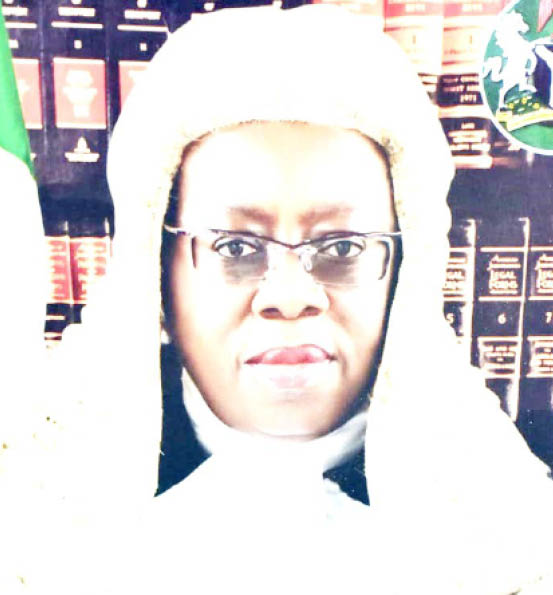Judiciary to punish petitioners of frivolous complaints against judges – CJN
The Chief Justice of Nigeria, Justice Kudirat Kekere-Ekun, has explained that the judiciary is exploring ways to ensure that there are consequences for frivolous applications. Justice Kekere-Ekun said the National Judicial Council (NJC) would look into genuine complaints against judicial officers while at the same time it has to support judges where frivolous applications are […]

chief justice of nigeria, justice kudirat kekere ekun
The Chief Justice of Nigeria, Justice Kudirat Kekere-Ekun, has explained that the judiciary is exploring ways to ensure that there are consequences for frivolous applications.
Justice Kekere-Ekun said the National Judicial Council (NJC) would look into genuine complaints against judicial officers while at the same time it has to support judges where frivolous applications are made.
Speaking at the opening of the Court of Appeal’s Justices’ Annual Conference with the theme: “Judicial Introspection” at the court complex on Monday in Abuja, the CJN reiterated the council’s determination to change the negative perception of the judiciary in the public.
“Judicial education plays a key role in this process. Increasingly, judicial training incorporates social context awareness initiatives that emphasise understanding the diverse backgrounds, cultural, economic and otherwise of those who come before our courts. These programmes ensure that we deliver justice, not only impartially, but also equitably,” she said.
- Police, army rescue 36 farmers from bandits in Kebbi
- APC sets up committee to probe Rivers Secretariat bombing
She advised heads of courts and divisions to hold regular conferences as a way of avoiding conflicting decisions and to properly examine judgements from trial courts and reasons for judgements.
In her welcome address, the President of the Court of Appeal, Justice Monica Dongban-Mensem, stressed the importance of training justices in the digital age, including the management of online reputation, cyber-bullying and harassment.
“However, the deployment of AI in judicial contexts also raises profound questions regarding bias, transparency, and accountability. To address these issues, the judiciary must carefully examine its own utilization of AI and ensure that adoption is as an adjudicatory tool and not a replacement of the judge,” she said.
In his speech, the Attorney General of the federation and Minister of Justice, Lateef Fagbemi (SAN) pledged to uphold the principle of judicial independence and to work tirelessly to ensure that the judiciary has adequate resources and support it needs to carry out its vital functions.
